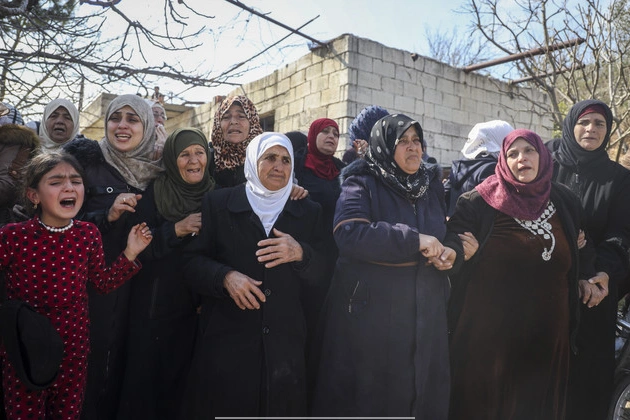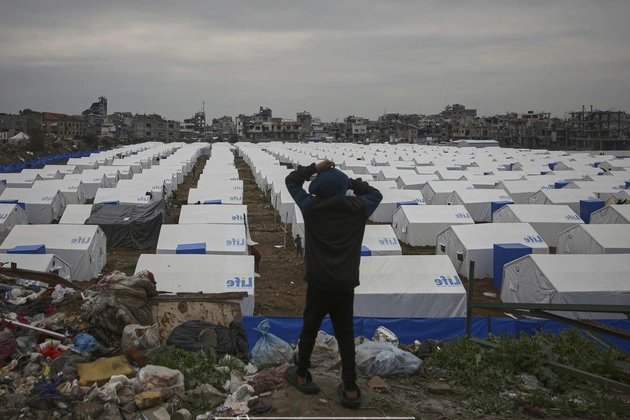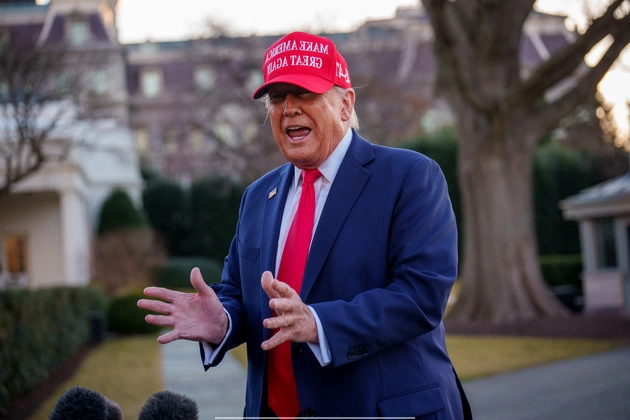
Rebuilding Syria: Saudi Arabia Calls for Lifting Sanctions Post-Assad's Fall
Saudi Arabia is urging top European diplomats to consider lifting sanctions against Syria in the aftermath of Bashar Assad’s overthrow. The focus now lies on rebuilding the nation and its economy, marking a critical juncture in Syria’s political transition.
The Push for Sanctions Relief
The meeting convened in Riyadh, gathering European and Middle Eastern diplomats to deliberate on Syria’s future. While concerns linger over the new regime’s Islamist ties, discussions pivot on the necessity of sanctions removal to facilitate the country’s recovery from a prolonged civil war.
The interim government, led by former rebels, is committed to fostering a pluralistic society and seeks international backing for reconstruction efforts. As Syria grapples with the aftermath of a devastating conflict that claimed numerous lives and displaced millions, the need for swift progress is paramount.
German Foreign Minister, Annalena Baerbock, advocates for a nuanced sanctions approach that balances accountability with humanitarian relief. Amid calls to support the Syrian populace post-transition, Germany pledges additional aid to address immediate needs.
The Sanctions Landscape
Historically, the U.S., EU, and select Arab nations imposed sanctions on Syria in response to Assad’s crackdown on dissent and subsequent descent into war. These measures targeted key governmental figures, financial transactions, and economic sectors, exerting significant strain on Syria’s economy.
While exemptions exist for humanitarian aid, challenges persist due to financial institutions’ cautious stance. Saudi Arabia’s Foreign Minister, Prince Faisal bin Farhan, asserts that lifting sanctions is pivotal for Syria’s development and reconstruction aspirations.
EU’s foreign policy chief, Kaja Kallas, emphasizes the importance of inclusivity in Syria’s governance, underscoring the need for diverse representation and gender parity in shaping the nation’s future.
International Engagement and Support
Turkey, a staunch supporter of Syria’s opposition, pledges assistance in normalizing Syria’s international relations. Balancing global expectations with the new administration’s realities is deemed crucial, with a focus on countering threats like the Islamic State group.
Recent developments, including the U.S.’s easing of restrictions and the repositioning of key rebel leaders, signal a shifting dynamic in Syria’s political landscape. With Assad’s ouster, the spotlight now shifts to reconstructing Syria’s infrastructure and fostering economic stability.
The international community’s response to Syria’s rebuilding efforts is anticipated to shape the nation’s trajectory post-conflict, highlighting the delicate balance between accountability, humanitarian aid, and strategic partnerships.















